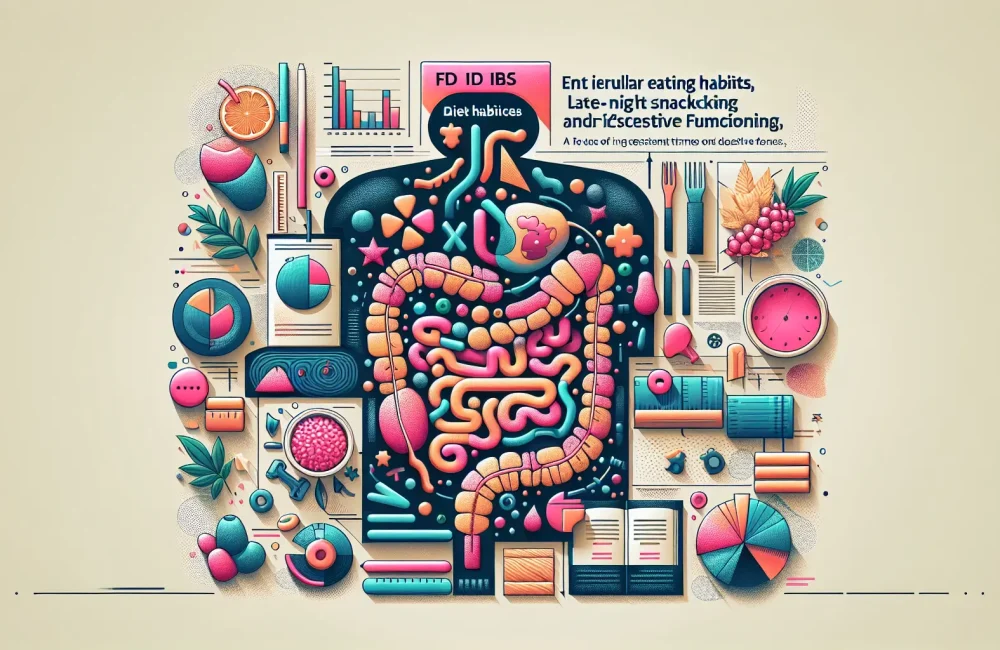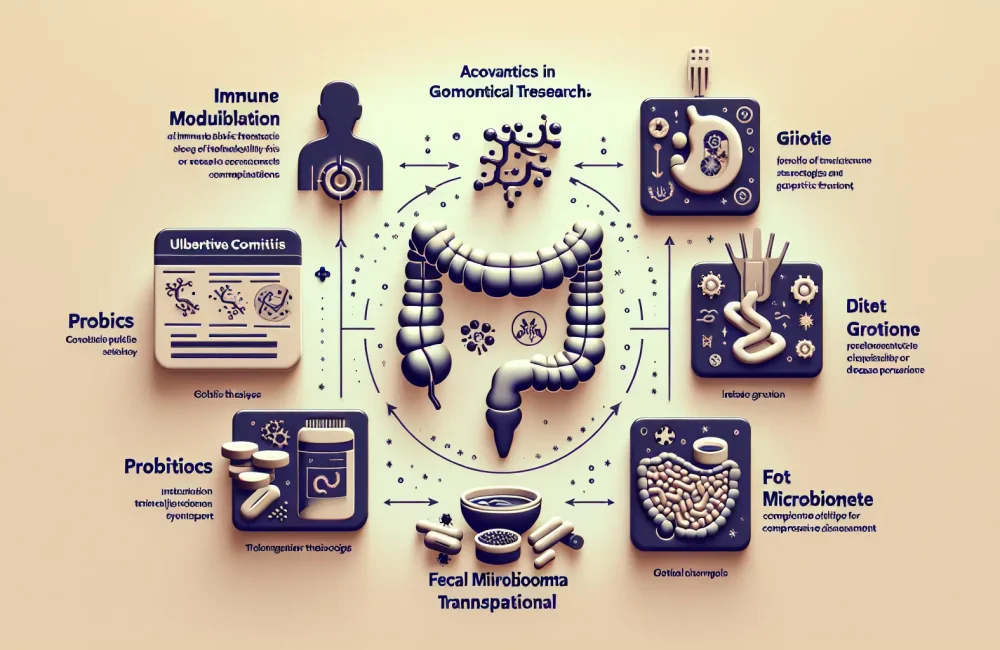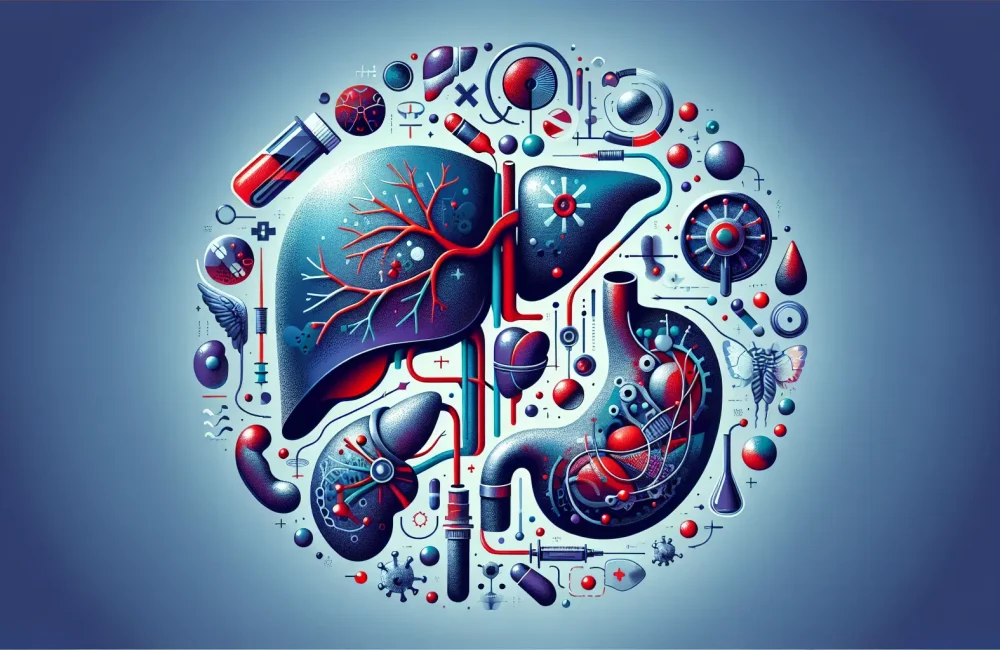By CAFMI AI From Gastroenterology
Impact of Eating Patterns on FD and IBS Symptoms
Functional dyspepsia (FD) and irritable bowel syndrome (IBS) are common gastrointestinal disorders that significantly affect patients’ quality of life by causing chronic digestive symptoms. These conditions are strongly influenced by food intake, making dietary management an essential component of symptom control. Recent research highlights how irregular eating habits, such as skipping meals or late-night eating, correlate with heightened symptom severity in this patient population. The pattern of when and how patients eat can influence digestive function, contributing to the discomfort experienced in FD and IBS. For clinicians, understanding the influence of eating schedules can guide counseling strategies aimed at promoting more consistent meal times, which may alleviate symptom burden and improve day-to-day functioning for patients.
Specific Foods and Their Role in Symptom Exacerbation and Relief
The study emphasizes the role of specific dietary components in triggering or alleviating symptoms in FD and IBS. High-fat foods, spicy foods, and carbonated beverages were consistently associated with worsened dyspeptic and bowel symptoms. These foods can provoke gastrointestinal irritation, delayed gastric emptying, or increased gas production, mechanisms that exacerbate symptoms such as bloating, pain, and discomfort. On the other hand, increased consumption of fruits, vegetables, and dietary fibers correlated with symptom improvement. These foods support digestive health through enhanced motility and reduced inflammation. Clinicians should incorporate these insights into dietary counseling, encouraging patients to avoid identified triggers while promoting a balanced diet rich in fiber and plant-based foods to manage symptoms effectively.
Practical Dietary Recommendations for Managing FD and IBS
Based on the findings, practical dietary recommendations include adopting regular meal schedules and avoiding known trigger foods to minimize symptom flare-ups. Patients are encouraged to keep food diaries to identify personal intolerances and to consult healthcare providers for individualized diet plans. Additionally, gradual inclusion of fiber-rich foods and adequate hydration can promote gastrointestinal health and symptom relief. Education about mindful eating and portion control may further assist in reducing digestive discomfort. Integrating these strategies into routine care can empower patients to better manage their FD and IBS symptoms through dietary choices.
Read The Original Publication Here






